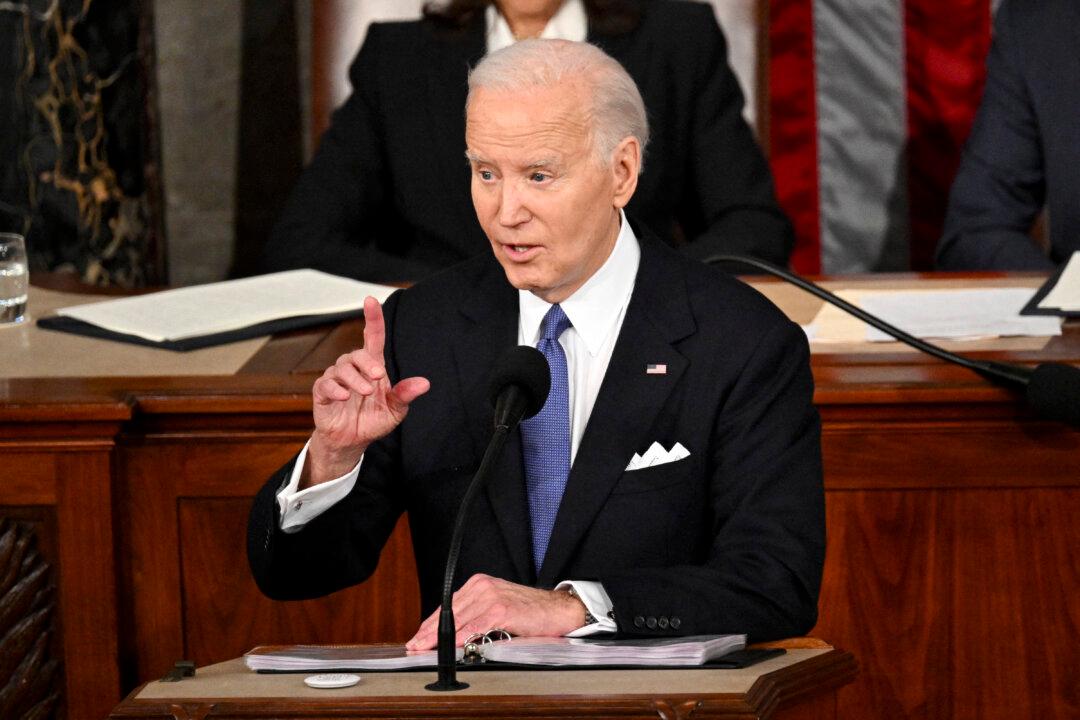President Joe Biden on March 11 will release his fiscal year 2025 budget, which is expected to feature major tax increases for the wealthy and businesses, reductions in defense expenditures, and initiatives to make housing more affordable.
The president’s budget plan, which outlines his financial priorities, will hold special symbolic significance this year as he seeks re-election.





